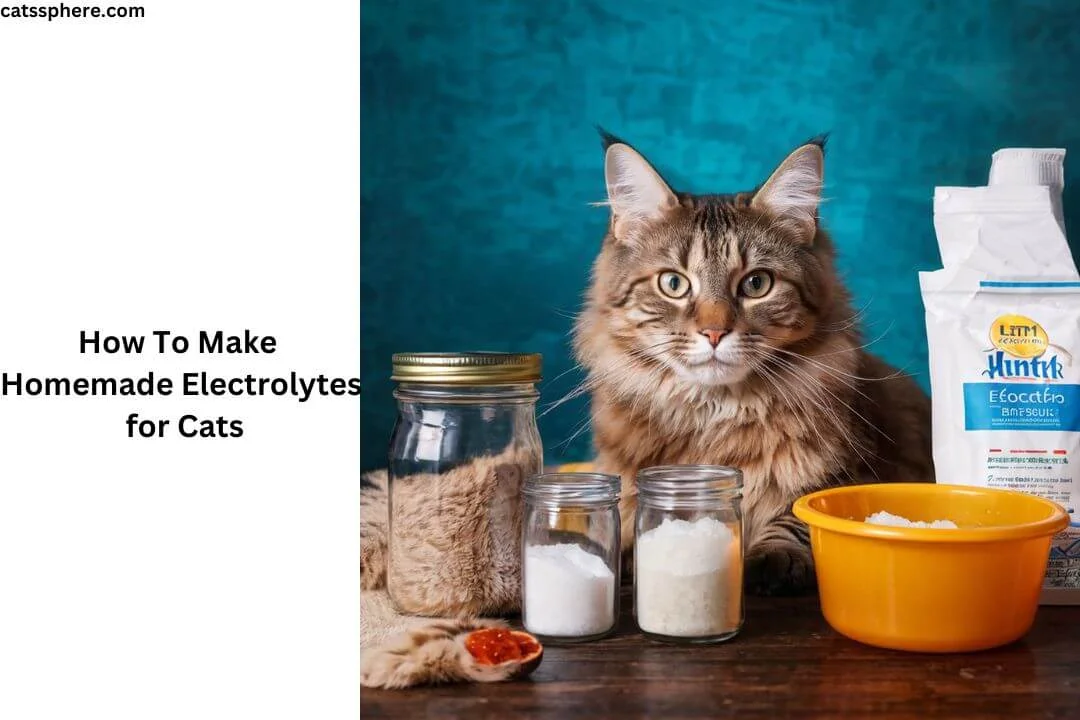Introduction
As cat owners, we always strive to ensure our feline friends are healthy and happy. One crucial aspect of their health is maintaining proper electrolyte balance. Electrolytes are vital for numerous bodily functions, including muscle function, nerve signaling, and hydration. While commercial electrolyte solutions are available, making homemade electrolytes for cats can be a cost-effective and safe alternative. Let’s dive into the world of electrolytes and explore how you can create these essential solutions at home.
Understanding Electrolytes
What are Electrolytes?
Electrolytes are minerals that carry an electric charge and are found in bodily fluids. They play a crucial role in maintaining the body’s fluid balance, muscle contractions, and nerve impulses. The most common electrolytes are sodium, potassium, calcium, magnesium, chloride, bicarbonate, and phosphate.
Common Electrolytes Needed by Cats
Cats, like humans, require a balance of specific electrolytes to maintain their health. Key electrolytes for cats include sodium, potassium, and chloride. These electrolytes are necessary for various bodily functions, such as maintaining fluid balance, supporting nerve and muscle function, and ensuring proper digestion.
Signs of Electrolyte Imbalance in Cats
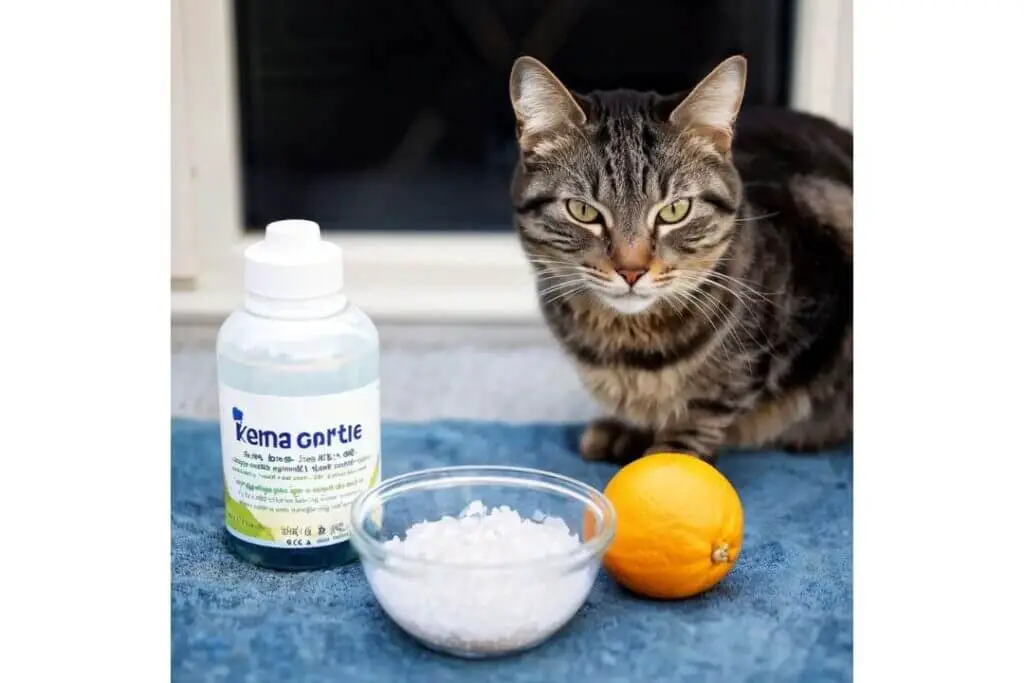
Symptoms to Watch For
Electrolyte imbalances can manifest in several ways. Common symptoms include lethargy, vomiting, diarrhea, muscle tremors, weakness, and irregular heartbeats. If you notice any of these signs, it’s essential to take action quickly to restore your cat’s electrolyte balance.
Causes of Electrolyte Imbalance
Several factors can lead to electrolyte imbalances in cats, including dehydration, kidney disease, diabetes, and gastrointestinal issues. Cats suffering from chronic illnesses or those recovering from surgery may also experience electrolyte disturbances.
Benefits of Homemade Electrolytes
Cost-effective Solution
Commercial electrolyte solutions can be expensive, especially if your cat requires them regularly. Homemade electrolytes are a budget-friendly alternative, allowing you to provide the necessary care without breaking the bank.
Control Over Ingredients
When you make electrolytes at home, you have complete control over the ingredients. This ensures that your cat receives a pure and safe solution, free from unnecessary additives or preservatives found in some commercial products.
Ingredients for Homemade Electrolytes
Essential Ingredients
The basic ingredients for homemade electrolyte solutions include water, salt (sodium chloride), and sugar (glucose). These components help restore the balance of fluids and electrolytes in your cat’s body.
Optional Additives
For added benefits, you can include other ingredients such as chicken broth or bone broth, which provide additional nutrients and can make the solution more palatable for your cat.
Basic Homemade Electrolyte Recipe
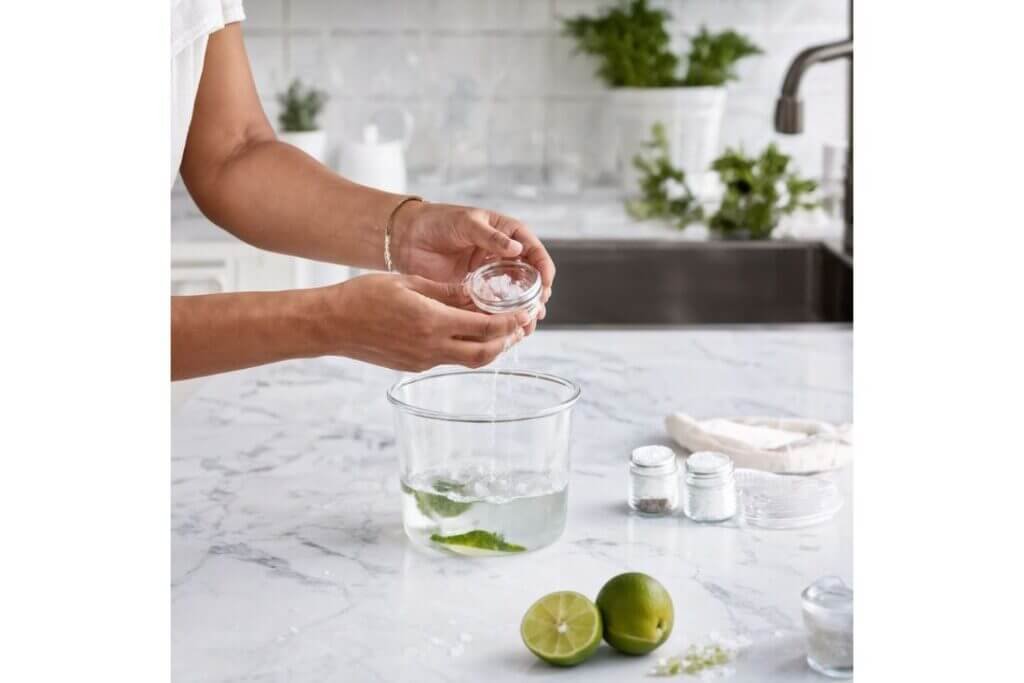
Step-by-Step Instructions
- Gather Ingredients: You will need 1 liter of water, 1 teaspoon of salt, and 1 tablespoon of sugar.
- Mix Ingredients: Combine the water, salt, and sugar in a clean container. Stir until the salt and sugar are fully dissolved.
- Store Solution: Store the electrolyte solution in a clean, airtight container in the refrigerator. Use within 24 hours.
Tips for Preparation
- Always use fresh, clean water to ensure the purity of the solution.
- Adjust the recipe according to your cat’s preferences and needs, but avoid overloading with salt or sugar.
Advanced Homemade Electrolyte Recipes
Recipe with Chicken Broth
Adding chicken broth can make the electrolyte solution more appealing to your cat and provide extra nutrients.
- Ingredients: 1 liter of water, 1 teaspoon of salt, 1 tablespoon of sugar, 1/2 cup of low-sodium chicken broth.
- Instructions: Mix the water, salt, sugar, and chicken broth in a clean container. Stir until dissolved. Store in the refrigerator and use within 24 hours.
Recipe with Bone Broth
Bone broth is another excellent additive, rich in minerals and nutrients beneficial for your cat’s health.
- Ingredients: 1 liter of water, 1 teaspoon of salt, 1 tablespoon of sugar, 1/2 cup of homemade bone broth.
- Instructions: Combine all ingredients in a container. Stir well and refrigerate. Use within 24 hours.
Electrolyte Solutions for Sick Cats
Special Considerations
Sick cats, especially those with gastrointestinal issues or chronic illnesses, may require specific electrolyte formulations. Consult with your veterinarian to tailor the solution to your cat’s needs.
Adjustments for Different Conditions
- For Diarrhea: Increase the sugar content slightly to help with energy replenishment.
- For Vomiting: Ensure the solution is easily digestible and not too concentrated.
Hydration and Electrolytes
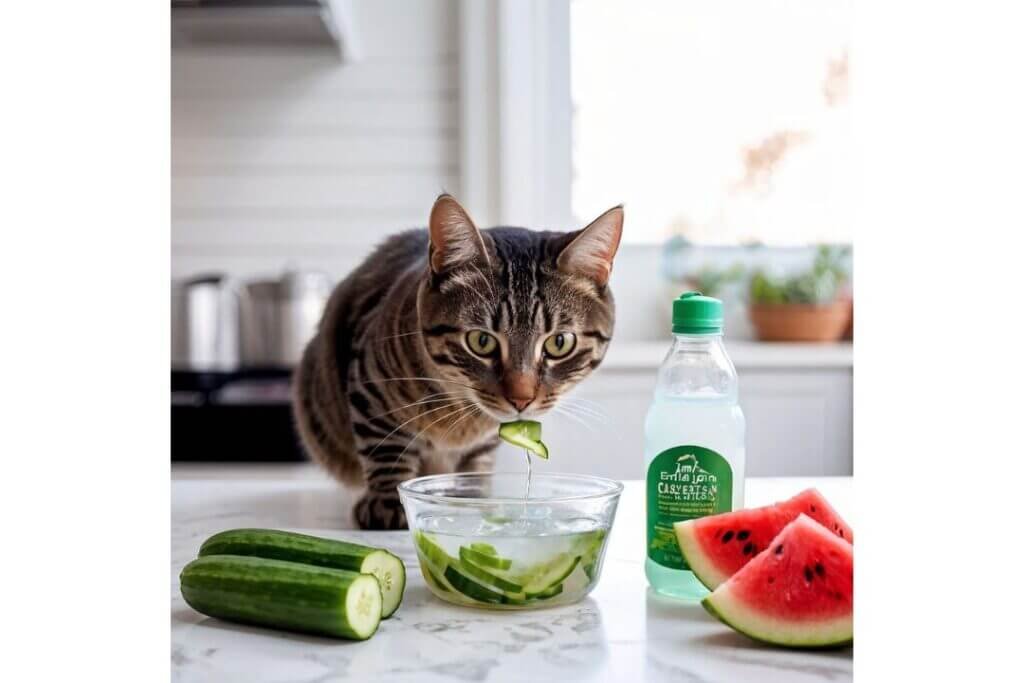
Importance of Hydration
Hydration is vital for maintaining your cat’s overall health. Electrolytes play a significant role in ensuring that your cat stays hydrated, especially during illness or heat.
How Electrolytes Help with Hydration
Electrolytes help regulate fluid balance in the body. They ensure that cells are properly hydrated, which is crucial for bodily functions and overall health.
Administering Electrolytes to Your Cat
Best Practices
- Use a syringe or dropper for easy administration.
- Offer small amounts frequently to avoid overwhelming your cat.
Tools and Techniques
- Syringe/Dropper: Use these tools to gently squirt the solution into your cat’s mouth.
- Water Bowl: Mix a small amount of the solution with your cat’s drinking water.
Monitoring Your Cat’s Health
How to Observe Your Cat
Keep a close eye on your cat’s behavior, appetite, and overall activity levels. Look for any signs of improvement or worsening symptoms.
When to Consult a Vet
If your cat’s condition does not improve or if symptoms worsen, seek veterinary advice immediately. Chronic electrolyte imbalances can be a sign of underlying health issues that require professional treatment.
Potential Risks and Precautions
Over-supplementation
Too much of a good thing can be harmful. Avoid over-supplementing your cat with electrolytes, as this can lead to toxicity and other health issues.
Allergic Reactions
Watch for any allergic reactions to ingredients used in homemade electrolyte solutions. If you notice any adverse reactions, discontinue use and consult your vet.
Alternative Electrolyte Sources
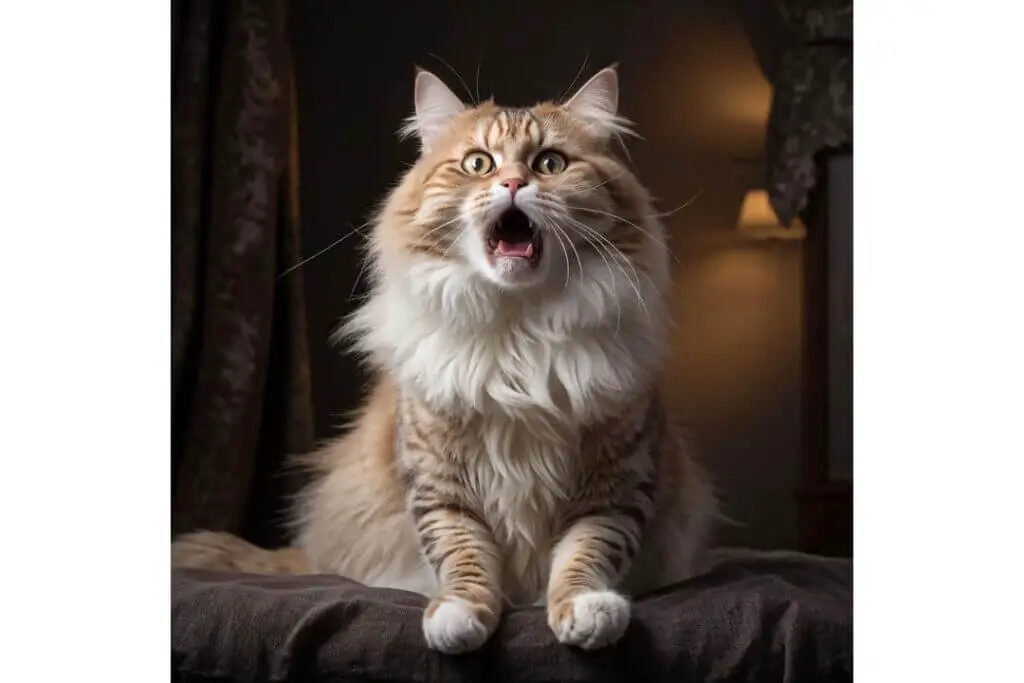
Commercial Electrolyte Solutions
Commercial electrolyte solutions are a practical alternative to homemade options, especially in emergencies when you need a quick and reliable way to rehydrate your cat. These solutions are specifically formulated to meet the unique nutritional needs of cats, ensuring they receive the correct balance of electrolytes without any harmful additives. When choosing a commercial product, always check that it is designed for cats, as formulations for other animals or humans might contain ingredients that could be harmful to your feline friend.
Natural Food Sources
In addition to commercial solutions, certain foods can naturally help maintain your cat’s electrolyte balance. Incorporating these foods into your cat’s diet can be an excellent way to supplement their hydration needs:
- Watermelon: Watermelon is high in water content and contains potassium, which is essential for maintaining electrolyte balance. It can be given as an occasional treat, ensuring you remove any seeds to prevent choking hazards.
- Cucumber: Cucumber is another hydrating food that is safe for cats. It contains a good amount of water and small amounts of essential minerals like potassium and magnesium. Slice the cucumber into small, manageable pieces and offer it as a refreshing treat.
These natural food sources can be mixed into your cat’s regular diet or offered as treats to help maintain their electrolyte levels.
How to Stop a Cat from Moving Kittens
How to Bathe a Stray Cat (A comprehensive Guide 2024)
Why Are Black Cats So Sweet A Detailed Guide 2024
Homemade Electrolytes for Kittens
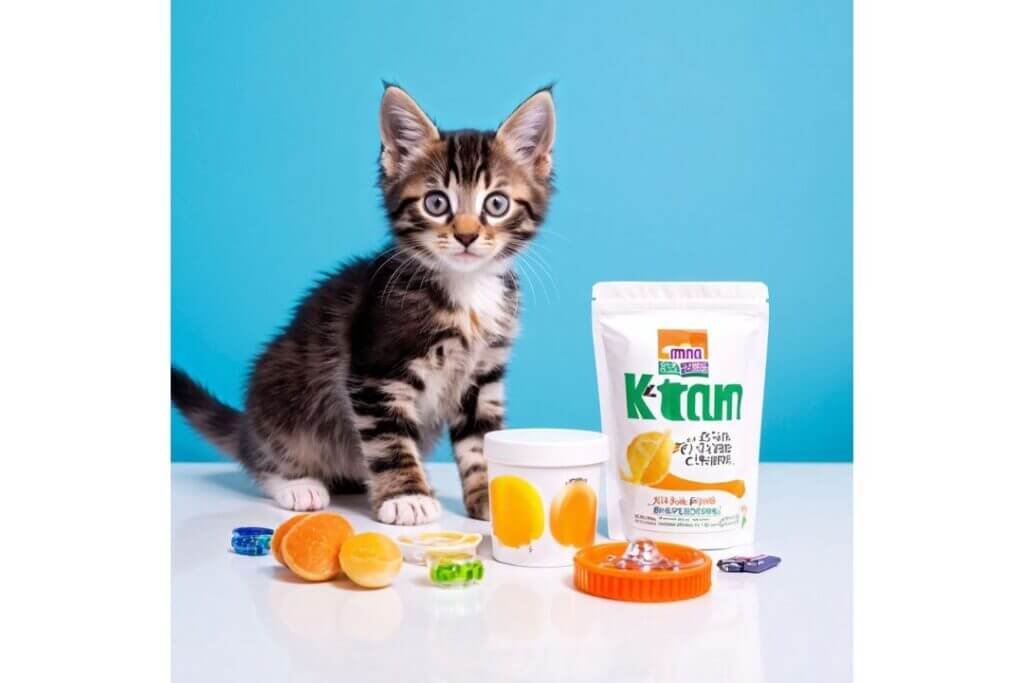
Special Needs of Kittens
Kittens have distinct nutritional requirements compared to adult cats, including a higher need for certain electrolytes like potassium, sodium, and chloride. This is because their bodies are still developing, and they require these minerals for proper growth and development. Ensuring that any homemade electrolyte solution is suitable for kittens is crucial to avoid health issues.
Adjusted Recipes for Young Cats
When preparing homemade electrolyte solutions for kittens, it’s essential to adjust the concentration of salt and sugar to avoid overwhelming their delicate systems. Here’s a simple recipe that can be used, but always consult with a veterinarian before administering any homemade solution to kittens:
Ingredients:
- 1 cup of boiled and cooled water
- A pinch of salt (less than 1/8 teaspoon)
- 1 teaspoon of sugar or honey
Instructions:
- Mix the salt and sugar into the water until fully dissolved.
- Offer the solution to your kitten using a syringe or dropper if they are not drinking on their own.
Remember, this solution should be used sparingly and only under veterinary guidance to ensure the kitten’s safety and health.
Conclusion
Maintaining your cat’s electrolyte balance is essential for their overall health and well-being. Homemade electrolyte solutions provide a cost-effective and safe method to keep your cat hydrated, particularly during times of illness, stress, or dehydration. By understanding the importance of electrolyte balance and following simple, vet-approved recipes, you can ensure your feline companion stays healthy and happy.
FAQs
Can I use regular table salt for homemade electrolytes?
Yes, regular table salt is suitable for homemade electrolyte solutions. However, it’s essential to use it in the correct proportions to avoid causing any harm to your cat.
How often should I give my cat electrolytes?
The frequency of administering electrolytes depends on your cat’s condition. For mild dehydration, providing the solution a few times a day can be sufficient. Always consult your veterinarian for specific recommendations based on your cat’s health needs.
Can I use sports drinks as an electrolyte solution for my cat?
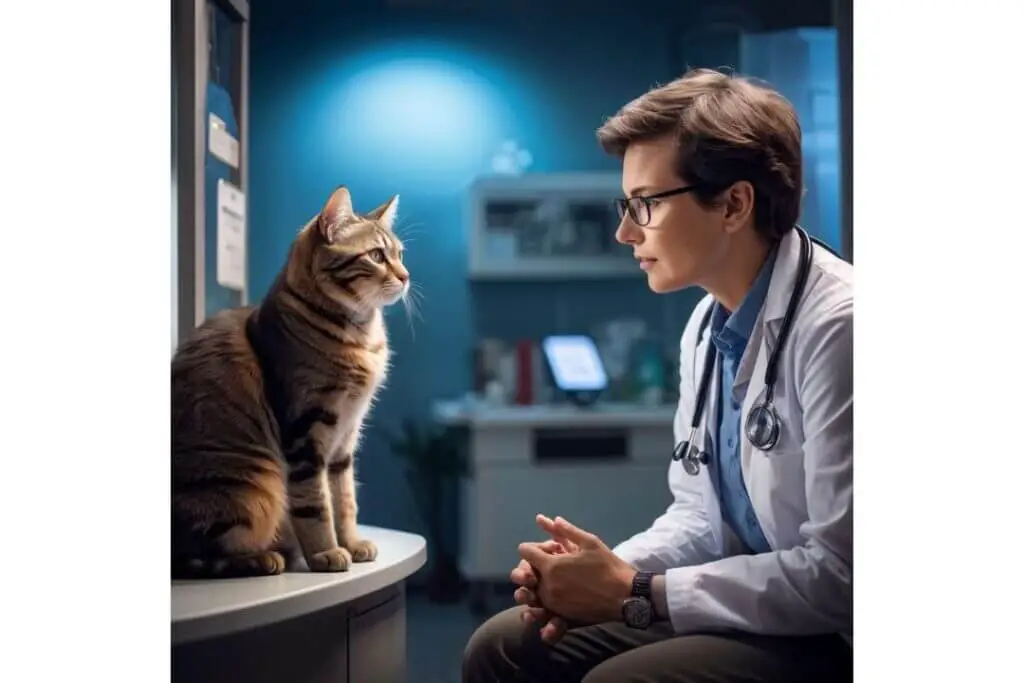
No, sports drinks are not suitable for cats as they contain ingredients like artificial flavors, colors, and sweeteners that can be harmful to felines. Stick to homemade or veterinarian-approved solutions specifically formulated for cats.
What should I do if my cat refuses to drink the electrolyte solution?
If your cat refuses to drink the electrolyte solution, try adding a small amount of chicken broth to make it more appealing. Ensure the broth is low in sodium and free from onions and garlic. If your cat still refuses, consult your veterinarian for alternative solutions.
Are homemade electrolyte solutions safe for all cats?
Generally, homemade electrolyte solutions are safe for most cats. However, always consult your veterinarian before administering any new treatment, especially if your cat has underlying health issues or is very young. This ensures that the solution is appropriate and safe for your cat’s specific health needs.

